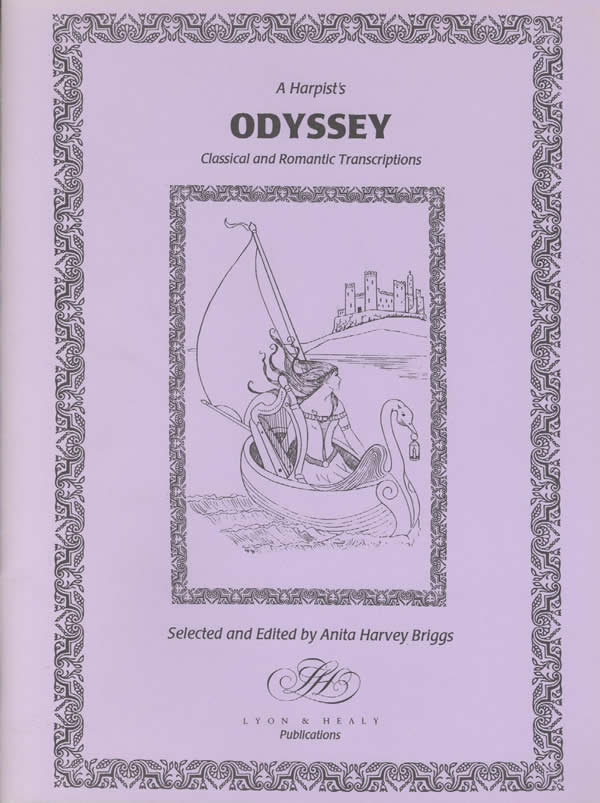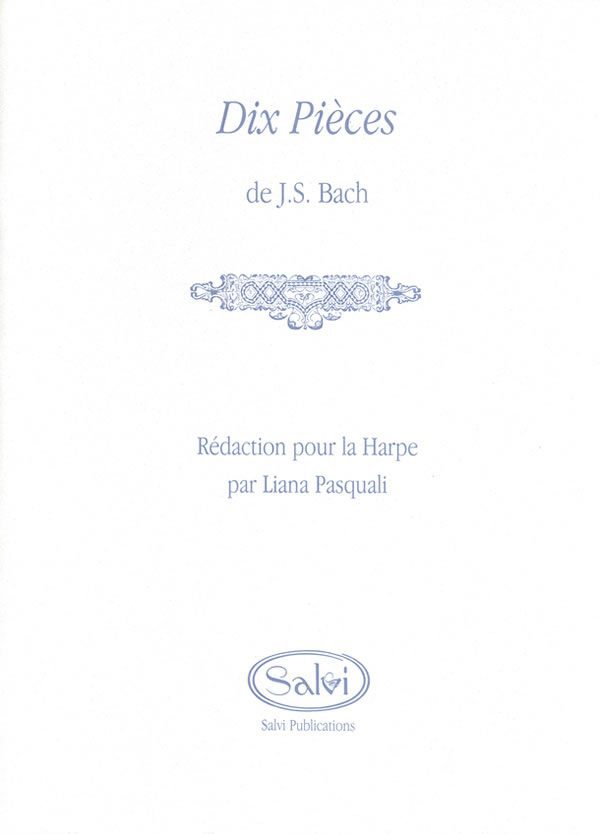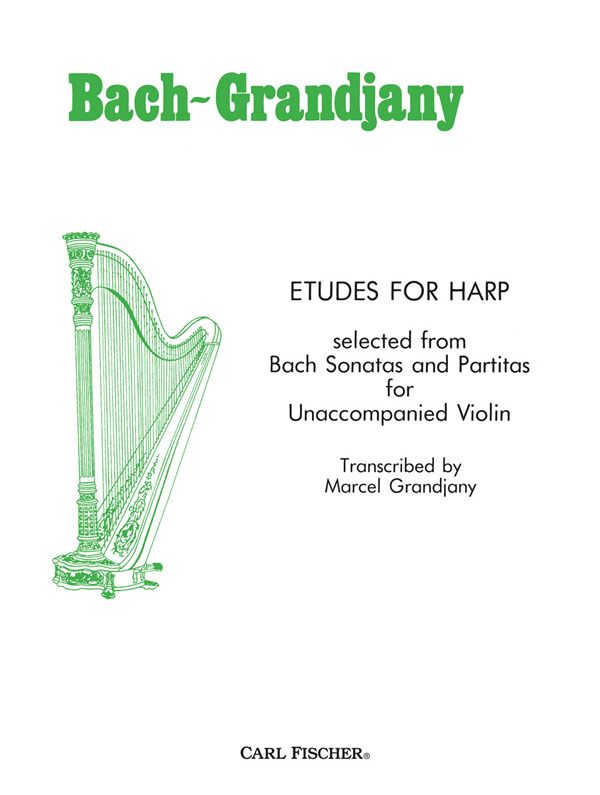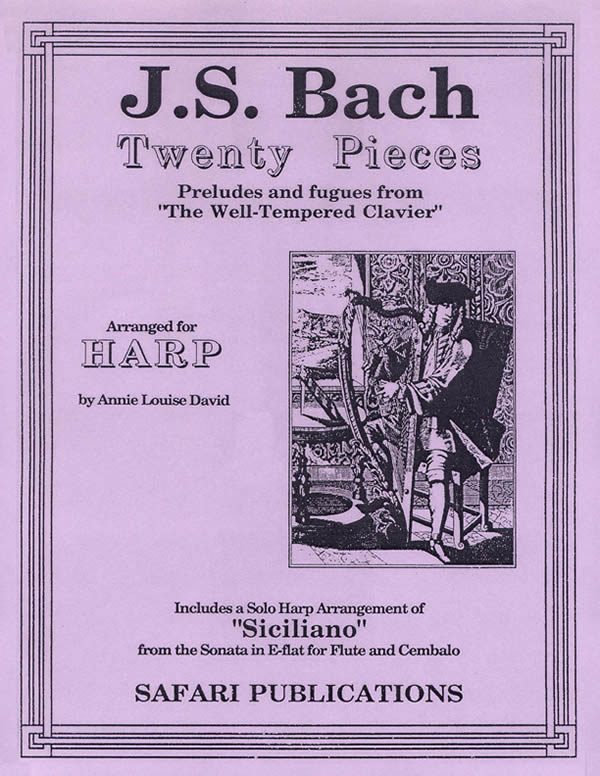“Galliard/John Dowland (1563-1626)
This Galliard shares the introspective quality found in many works by the London-born composer and virtuoso lutenist. The pensive melody should be played in a free, improvisatory spirit.
Villanella (O Bellissimi capelli)/Andrea Falconieri (1585-1656)
The Villanella, one of this Neopolitan composer’s loveliest songs, has a musical line that almost plays itself. Bring out the melody with sustained legato, playing the second beat half-note chords very lightly so as not to break its flow…
Toccata in E flat major/Johann Ludwig Krebs (1713-1780)
Krebs was a highly regarded student of J. S. Bach. Clarity, crispness, and high spirits are essential to the performance of this energetic piece.
Presto in C Minor/Carl Philipp Emanuel Bach (1714-1788)
Presto, another piece to be played with vigor and drive, was composed by the second son of J. S. Bach. Contrast the flowing character of the first four measures with the detached patterns that finish the phrase. This is a piece of satisfying harmonic complexity, and should convey a restless yet determined mood.
Adagio in F major/Franz Joseph Haydn (1732-1809)
Utter serenity pervades this beautiful Adagio. Make the ornaments an expressive part of the melody, and keep the forte chords within the quiet dynamic scope of the work.
Plaisir d’amour/Johann Paul Aegidius Martini (1741-1816)
Martini, born in Germany, spent most of his career in Paris, teaching at the Conservatoire and composing thirteen operas…
Rondo from Sonatina in C, Opus 55, #3/Friedrich Kuhlau (1786-1832)
Kuhlau, a champion of Beethoven’s works, was one of the most prominent Danish composers of the late Classical and early Romantic periods. This merry and graceful movement adapts beautifully to the harp…
December/Peter Ilyich Tchaikovsky (1840-1893)
A selection from “The Seasons,” December (subtitled Christmas) is all happiness: a lyrical waltz reminiscent of the Nutcracker ballet. It fits well under the fingers, and its only difficulty lies in short passages of rather dense pedaling,…
Three Preludes, Opus 16/Alexander Nikolayevich Scriabin (1872-1915)
These brief Preludes, written when Scriabin was twenty-two, express a variety of emotions. Number 3 in G flat major is a pastorale, fresh as dawn and graced with the song of birds. Number 4 in E flat minor, just twelve measures in length, tells of sorrow…Number 5, in the bright key of F sharp major, is an ecstatic affirmation of youth and springtime…
Mazurka in F sharp minor/Claude Debussy (1862-1918)
Most of Debussy’s compositions are unfeasible for harp performance because of their chromaticism. This early work, composed when Debussy was twenty-nine, is a rare and lovely exception…
Orientale/Cesar Cui (1835-1918)
Cui, a Russian military engineer, became a composer and critic with the encouragement of Balakirev. This sumptuous evocation of the East employs Scheherazade-like harmonies and suggestions of finger cymbals and little drums…” A. H. Briggs
Download a sample




